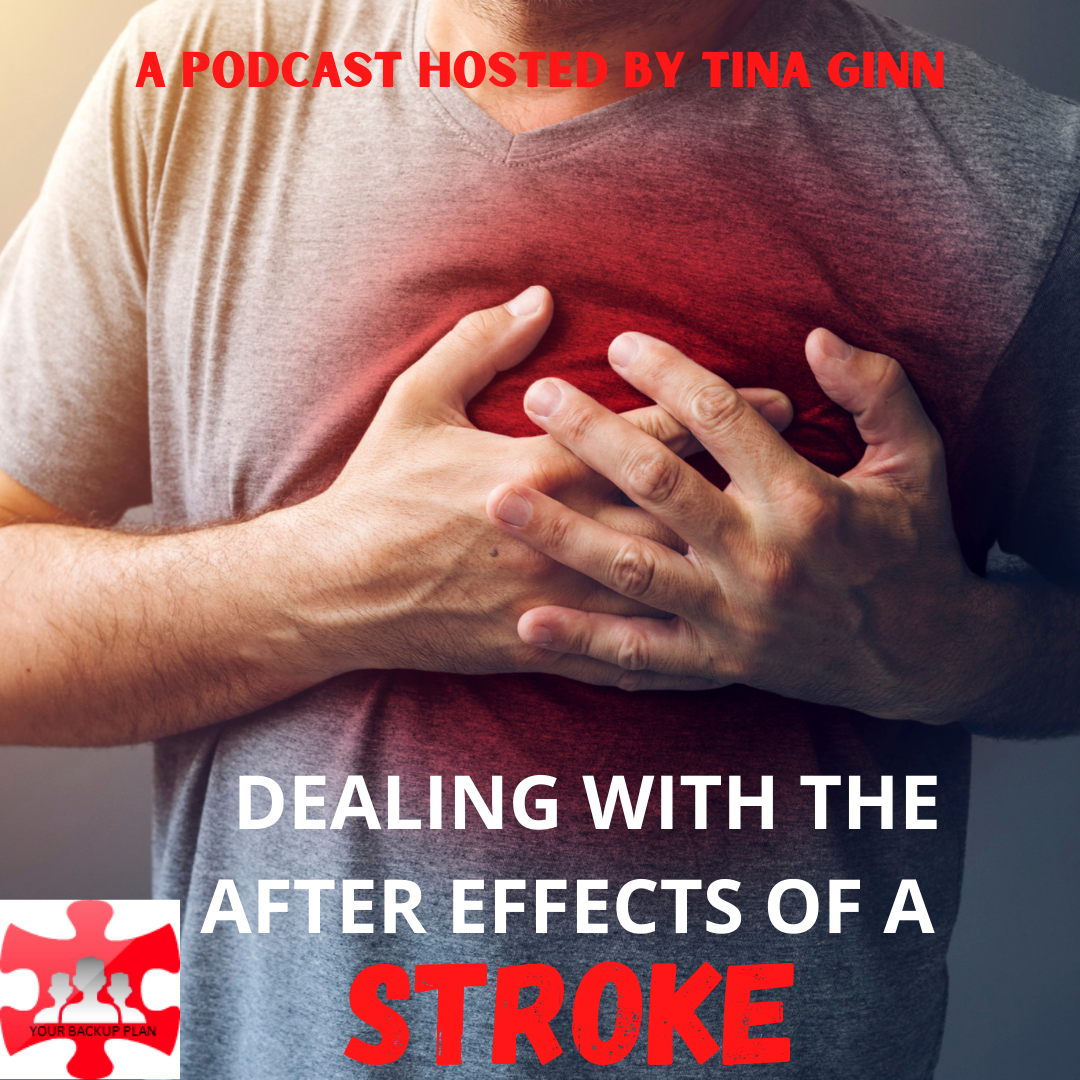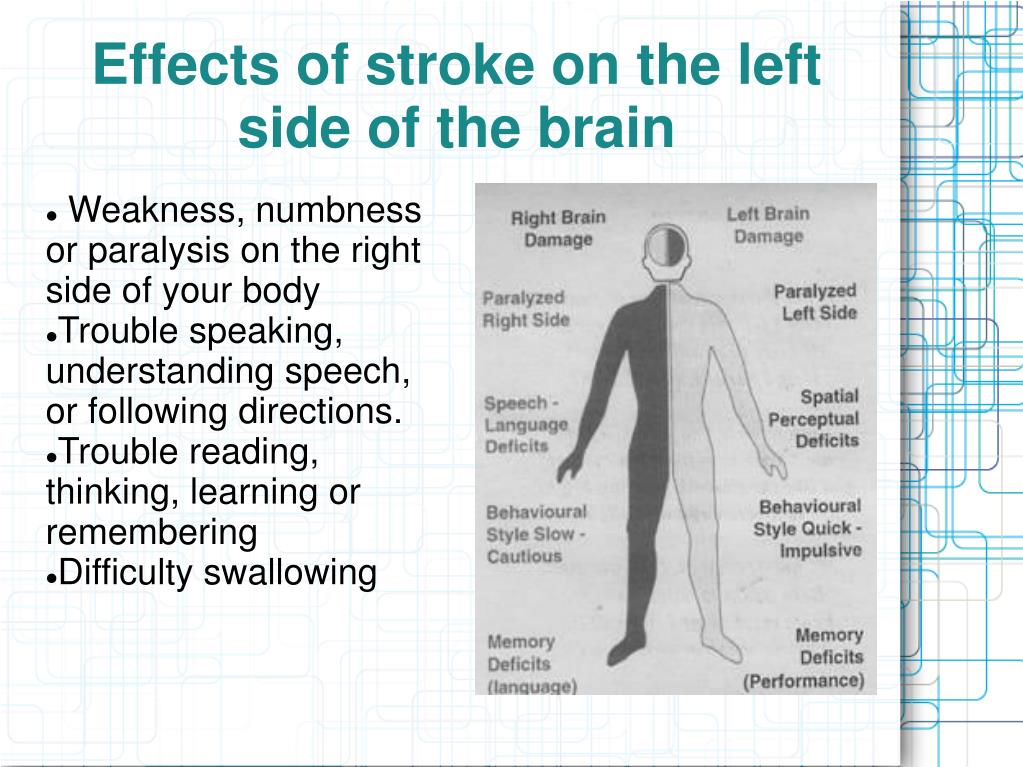

There were 5 febrile convulsions reported in the trial vaccine recipients (out of 3,013 vaccine recipients), but only one of these (in a 6 month old participant) was considered possibly related to the Pfizer vaccination, and may also have been caused by a concurrent viral infection. In the phase II/III clinical trial in children aged 6 months to 4 years, 0.1% to 0.3% of participants reported a fever >40.0 oC. The median onset of fever was 2 to 5 days after vaccination, and usually resolved within 1 to 1.5 days after the dose. Similar rates of fever were reported after each of the 3 doses in children aged 6 to 23 months (7%) and aged 2 to 4 years (5%). Children aged 6 months to 4 years who received a 3-dose primary series did not show a pattern of increasing systemic adverse events with each subsequent dose. Irritability, drowsiness, and decreased appetite were the most frequently reported systemic adverse events among children aged 6 to 23 months (see Table 1c).

5įatigue and headache were the most frequently reported systemic adverse events among people aged 2 to 25 years (Table 1a).

Symptoms resolved in a median of 1 to 2 days. The median onset of systemic adverse events in adults was 1 to 2 days after vaccination. Severe pain was rare, and reported in 55 years) than in those aged 16 to 55 years. They were more common in adults than in children, and slightly more common in adults aged 55 years and under than in adults aged over 55 years.

In clinical trials of Pfizer original formulation, injection site reactions were very common (see Table 1a). Pfizer and Moderna COVID-19 vaccines – adverse events reported in clinical trials Pfizer (Comirnaty) Injection site reactions The TGA and state and territory governments will actively monitor COVID-19 vaccine safety. Report any adverse events after COVID-19 vaccination through the usual reporting mechanisms.


 0 kommentar(er)
0 kommentar(er)
